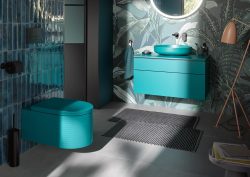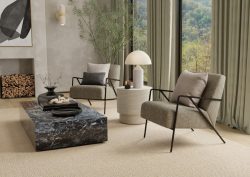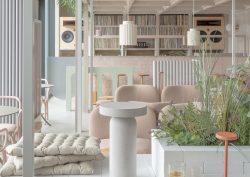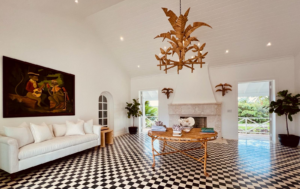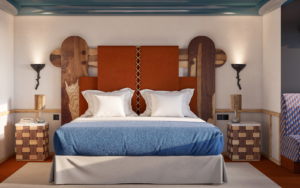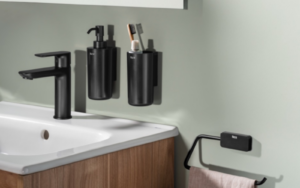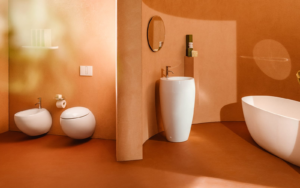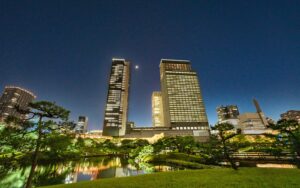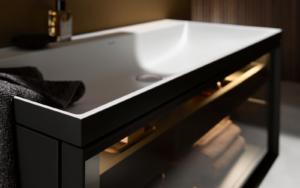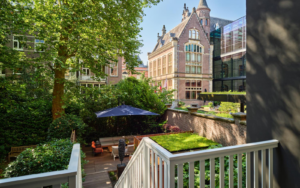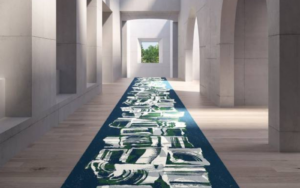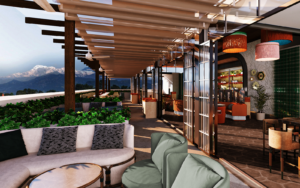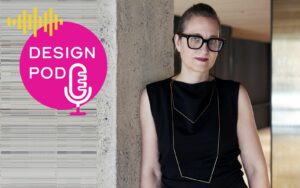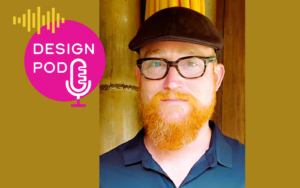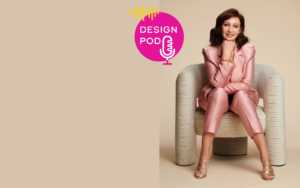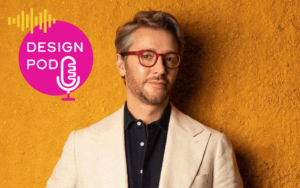The Sequel Principle collection, from Parkside and Alusid, represents a huge step forward for the ceramic tile industry as the world’s first mass produced 95 per cent recycled content tile.
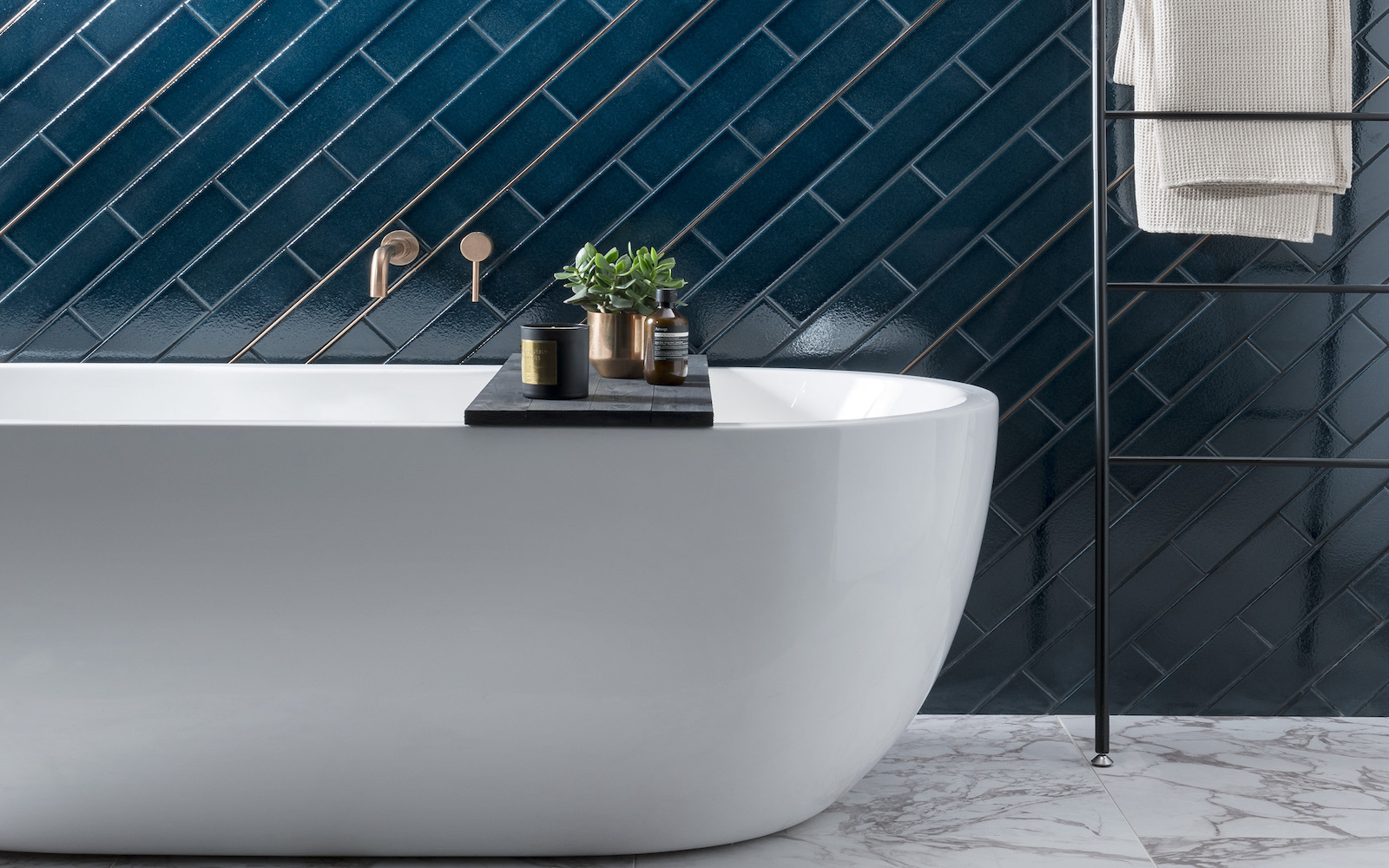
The Sequel Principle collection, the evolved range from the Sequel Vibe collection that won Best in British Product Design at The Brit List Awards 2022, is the result of extensive research and product development from both Parkside and Alusid.
With a tile body made entirely from by-products (post-consumer recycled glass and ceramic) of other manufacturing processes, Sequel Principle is based on technology that has taken a bold leap from a small batch production to a fully scalable process. Made by adapting the tile body to work in standard ceramic production facilities, Sequel Principle achieves a similar like-to-like cost as some other twice-fired tiles.
The original Sequel Vibe requires making each tile by hand from low value glass and ceramic waste with capacity of approximately 50 square metres per week. The new technique developed for Sequel Principle uses the same low value materials, but sources them after a further production process for finer granules that can enter the machine-operated ceramic tile production cycle. In turn, Sequel Principle enters the world of scalable production with current output of 1,000 square metres per day.
“The original process for Sequel Vibe demonstrated that it was possible to create a wall tile using a high content of recycled materials,” said Dan Little, Managing Director, Parkside. “However, as is often the case with developmental technology, it had manufacturing limitations. With the introduction of Sequel Principle, we’ve worked with Alusid, makers of Seque Vibe, to develop a production process that achieves mass-production that also uses less energy. It’s a big step forward for the industry.”
Sequel Principle also addresses the energy used during production by eliminating the spray drying of almost all ceramic tiles in mass production today. An energy and resource intensive process, this means that Sequel Principle uses approximately 35 per cent less energy and approximately 75 per cent less water than a similarly produced ceramic tile.
Founded in 2015, Alusid is the result of a research project at the University of Central Lancashire. Setting out to explore ways in which waste and low-value materials destined for landfill could be re-purposed into versatile surface materials, Professor David Binns and Dr Alasdair Bremner developed an innovative and aesthetically versatile surface material made from glass, ceramics and mineral waste.
As such, it becomes the world’s first mass produced 95 per cent recycled content tile. In fact, the body of Sequel Principle is entirely made from recycled materials. Alusid is looking at reducing the impact of the glaze to provide further environmental gain for the product in future iterations.
Sequel Principle echoes a similar hand-made aesthetic to Vibe, with a colour and depth in each of the four tones inspired by the Victorian period. With classic style that remains timeless and elegant, the tiles look impressive in any setting. Measuring 29.5 x 7.3 x 0.8 cm, Sequel Principle is available in colours of green, amber, blue and white.
Parkside is one of our Recommended Suppliers and regularly features in our Supplier News section of the website. If you are interested in becoming one of our Recommended Suppliers, please email Katy Phillips.
Main image credit: Parkside

